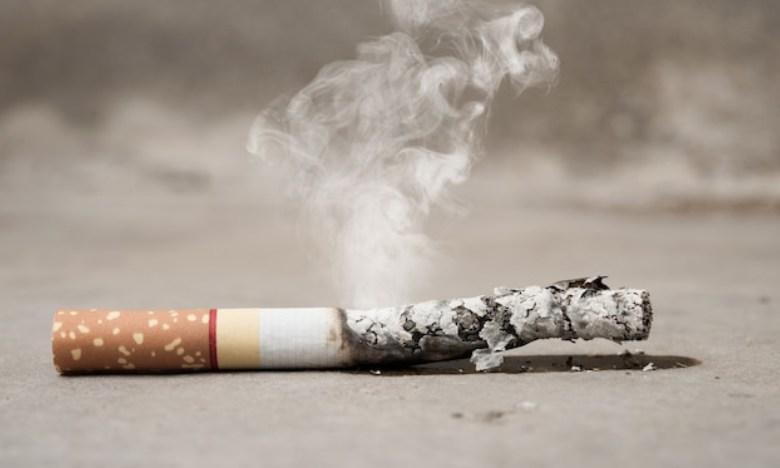World No-Tobacco Day

Smoking and tobacco use have long been known to have damaging effects on health. Tobacco consumption, including smoking, is one of the leading causes of preventable death worldwide. Despite the well-known risks associated with tobacco, millions of people continue to use it regularly. Reducing smoking and tobacco use is crucial for maintaining good health. However, quitting can be a challenging task, especially for those who have been smoking for a long time.
Ill effects of tobacco and smoking:
The use of tobacco, whether smoked or chewed, can have several harmful effects on the human body. Smoking cigarettes or beedis can cause lung cancer, heart disease, stroke, and respiratory diseases such as chronic obstructive pulmonary disease (COPD). It can also increase the risk of several other cancers, including bladder, liver, and pancreatic cancer.
Tobacco consumption can also lead to other health problems such as decreased fertility, premature ageing, gum disease, and tooth loss. The use of tobacco during pregnancy can cause low birth weight and can increase the risk of sudden infant death.
Simple measures to reduce tobacco consumption:
At an individual level, there are several steps one can take to reduce tobacco consumption.
- Create a quit plan: Setting a quit date and creating a plan can help individuals prepare for the journey ahead. The plan should include identifying triggers, such as certain situations or emotions, that make them want to smoke, and finding alternative ways to cope with them.
- Seek support: It is essential to seek support from friends, family, or healthcare professionals.
- Use nicotine replacement therapy: Nicotine replacement therapy, such as nicotine gum, patches, or lozenges, can help reduce cravings and ease withdrawal symptoms and should be done in liaison with healthcare professionals.
- Avoid triggers: Avoiding situations that trigger the urge to smoke, such as being around other smokers or drinking alcohol, can help individuals reduce their tobacco consumption.
- Practice stress-reduction techniques: Smoking is often used as a way to cope with stress, but there are other ways to manage it, such as practising relaxation techniques, like deep breathing or meditation.
- Exercise regularly: Exercise can help reduce cravings and improve overall health. Engaging in physical activity can also help manage stress and improve mood.
- Reward yourself: Celebrating small victories, such as going a day without smoking, can help individuals stay motivated and committed to quitting.
To tackle the widespread use of tobacco in India, the Government has implemented several initiatives over the years. The Ministry of Health and Family Welfare launched the National Tobacco Control Program (NTCP) in 2007. The program aims to create awareness about the harmful effects of tobacco use and to promote tobacco-free lifestyles. The Government has also increased taxes on tobacco products, banned smoking in public places, and mandated pictorial health warnings on tobacco products.
The World Health Organization (WHO) has also taken steps to curb the use of tobacco globally. In 2005, the WHO Framework Convention on Tobacco Control (FCTC) came into force. The FCTC is an international treaty that aims to reduce tobacco consumption and its harmful effects. It includes measures such as increasing taxes on tobacco products, banning advertising and promotion of tobacco, and requiring warning labels on tobacco products.
In conclusion, tobacco and smoking have several harmful effects on health, and it is crucial to recognise the risks. Governments and organizations, such as the Government of India and the WHO, have implemented several initiatives to restrict the use of tobacco. As individuals, reducing smoking and tobacco use is not an easy task, and it may take several attempts to quit for good. However, with the right support, tools, and mind-set, individuals can reduce their tobacco consumption and improve their overall health.
DR. BHARATH A. CHHABRIA
MBBS MD (Internal Medicine) DM (Pulmonary And Critical Care Medicine)

